Bigotry 101: Why Haters Gonna Hate
The Indypendent
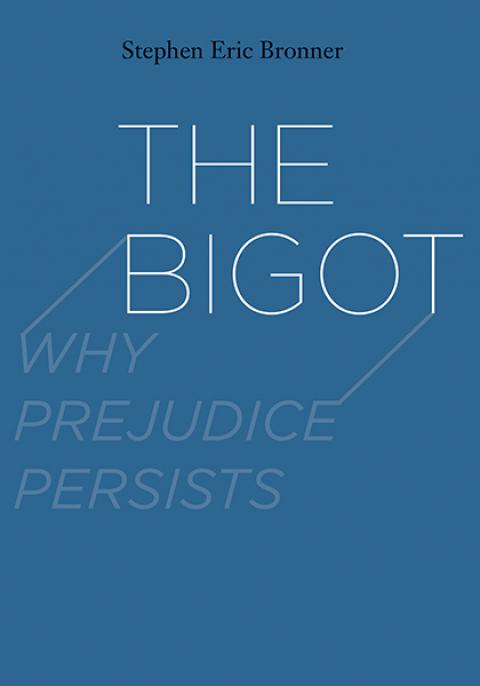
Here is bigotry as a systematic, total mindset having a special affinity for right-wing movements. The author explores its appeal, the self-image it justifies, the interests it serves and its complex connection not so much to antiquity as modernity, shaping the conspiratorial and paranoid worldview of true believers, elitists and chauvinists. It enables their hiding behind mainstream conservative motifs to support policies disadvantaging the targets of their contempt.

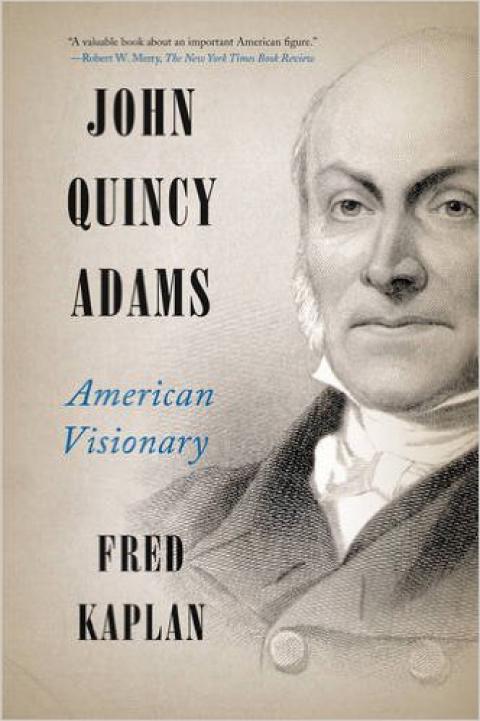
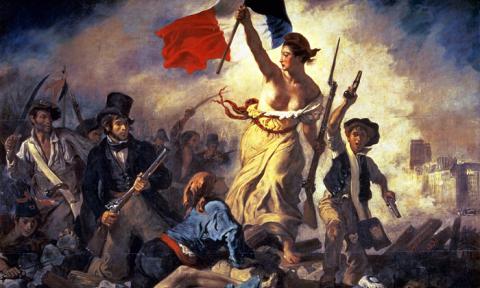
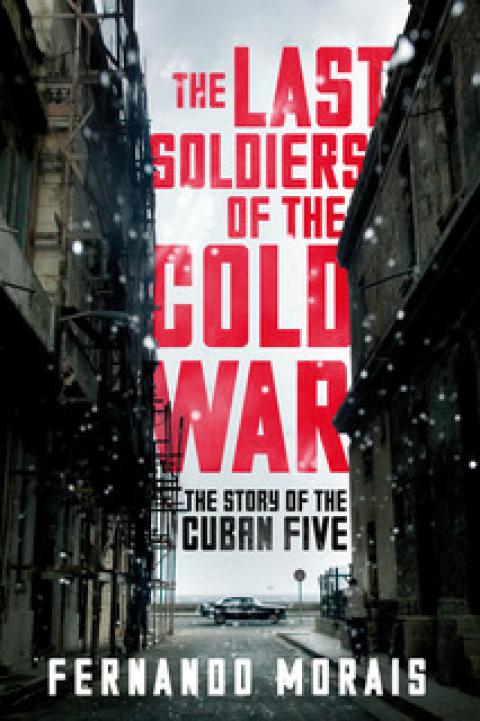
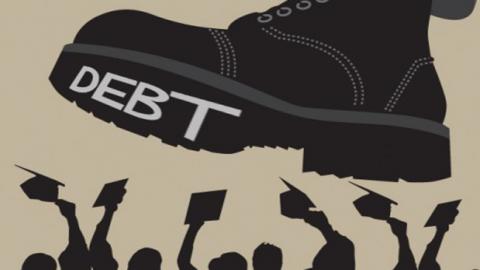
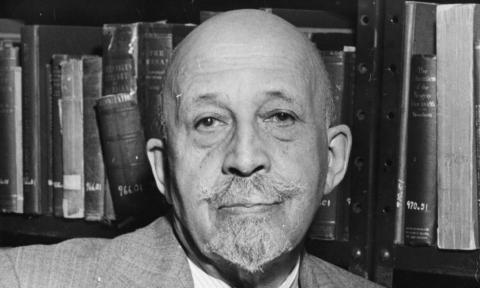


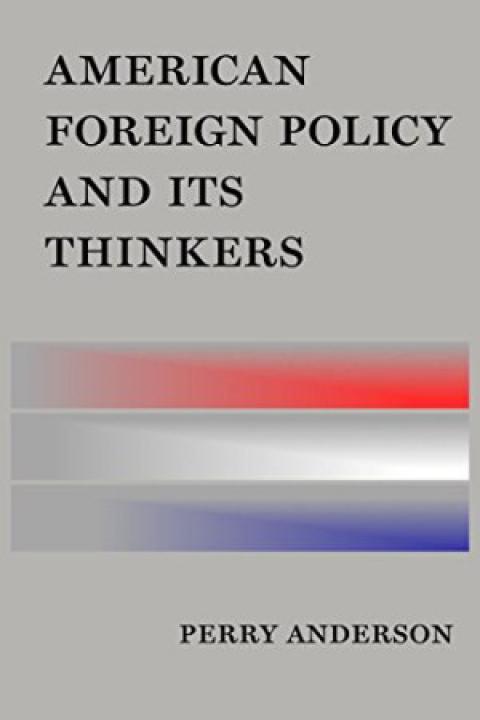

Spread the word